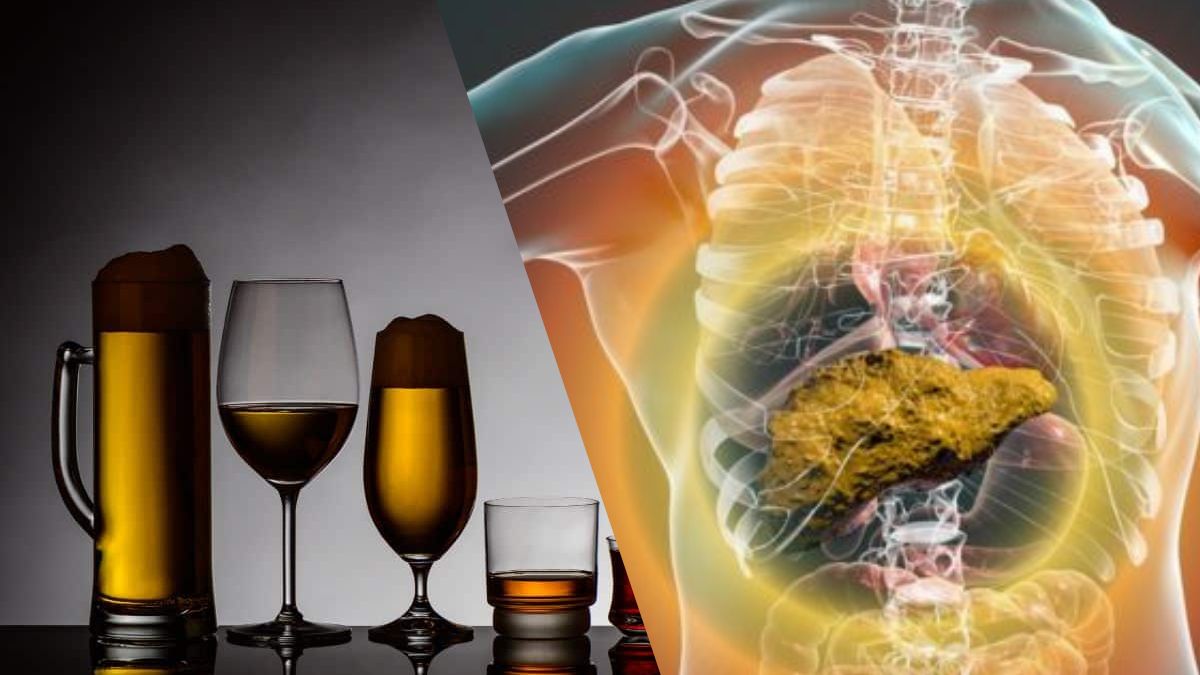
Alcoholic beverages should include warning labels, just like cigarette packages, stated Dr. Vivek Murthy, the U.S. Surgeon General, on Friday. He emphasized the concerning link between alcohol and cancer.
This statement adds to a heated debate about the risks and benefits of moderate alcohol consumption, especially as the influential Dietary Guidelines for Americans are set to be updated.
Does Moderate Alcohol Consumption Have Benefits?
For years, the idea that moderate alcohol consumption can reduce the risk of heart attacks and strokes has been promoted. This belief has shaped dietary recommendations for Americans. However, recent research increasingly links alcohol consumption to various types of cancer.
Alcohol and Cancer
Labels on bottles and cans of alcoholic beverages currently warn about the dangers of drinking during pregnancy, before driving or operating machinery, and about general health risks.
Many people believe that drinking within recommended limits poses no risk to their health. However, according to recent studies, this perception is not accurate, particularly concerning cancer risk.
Alcohol, Dr. Murthy pointed out, is directly associated with 100,000 cancer cases and 20,000 related deaths each year.
ALSO READ Chick-fil-A is bringing back the Grilled Spicy Deluxe Sandwich! But only for a limited time
What Types of Cancer Can Alcohol Cause?
Drinking alcohol increases the risk of developing various types of cancer, including:
- Breast cancer
- Colon cancer
- Liver cancer
- Gastrointestinal tract cancer
- Head and neck cancer
- Esophageal cancer
Who Should Enact Labeling Changes for Alcoholic Beverages?
The implementation of new warning labels, as suggested by Dr. Murthy, requires congressional approval. However, it is unclear whether the incoming administration will support this proposal.
Which Is More Carcinogenic, Tobacco or Alcohol?
According to experts, smoking poses a significantly higher cancer risk than alcohol.
How Much Alcohol Is Recommended Per Week?
Health authorities recommend limiting alcohol consumption to a maximum of 14 units per week, roughly equivalent to six glasses of beer or seven glasses of wine. However, they caution that no level of alcohol consumption is entirely safe concerning health risks.
Which Alcohol Is Less Harmful to the Liver?
Wine, spirits served on the rocks, and low-carb beers are considered among the alcoholic beverages that may have a less harmful impact.
What Is the Most Harmful Alcoholic Beverage?
Everclear, a high-proof distilled spirit that can contain up to 95% alcohol, is particularly harmful. Its high concentration can cause rapid intoxication and significantly increase the risk of alcohol poisoning.
Alcohol and Cancer: How Do Alcoholic Beverages Impact DNA?
Alcohol can play a critical role in cancer development by stimulating the expression of certain oncogenes or impairing the cells’ ability to repair DNA, thereby increasing the risk of oncogenic mutations.
The Effects of Alcohol Consumption on the Body
Excessive alcohol consumption, whether occasional or long-term, can have severe health consequences. Below are some of its effects on the body:
- Brain: Alcohol disrupts neural connections, affecting both the structure and function of the brain. This can alter mood, behavior, and impair mental clarity and motor coordination.
- Heart: Heavy drinking, whether chronic or occasional, can lead to conditions such as cardiomyopathy, arrhythmias, strokes, and high blood pressure.
- Liver: Excessive alcohol intake can cause liver conditions such as fatty liver (steatosis), alcoholic hepatitis, fibrosis, and cirrhosis.
- Pancreas: Alcohol prompts the pancreas to produce toxic substances, potentially leading to pancreatitis—a severe inflammation that hinders digestion and affects blood vessels in the organ.
- Cancer: Alcohol consumption increases the risk of developing several types of cancer.
- Immune System: Drinking excessively weakens the immune system, making the body more susceptible to infections and illnesses.








